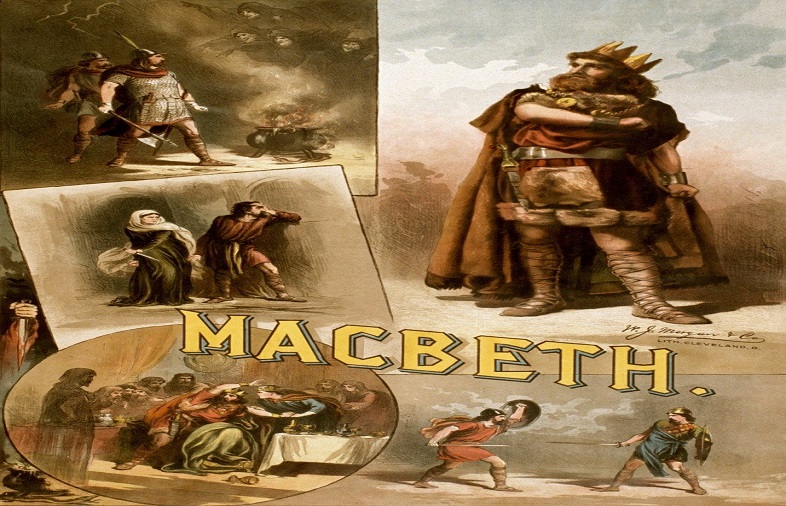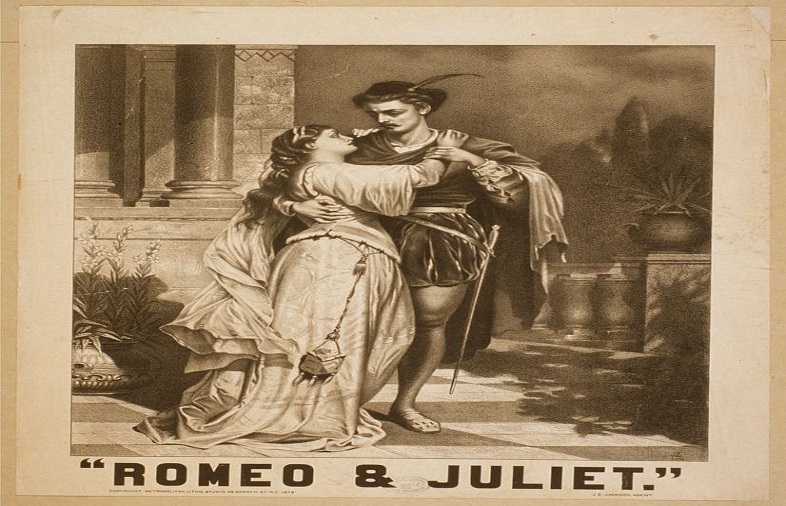By: Phillip Mattie
Shakespeare is universally loathed by high school students as much as he is universally revered by scholars, poets, and writers. And I have to say, as a writer, I am exceedingly jealous of the man’s ability with a quill. He is, simply, beyond reproach when it comes to his career as an English playwright and poet. This little factoid means that, yes, you, Mr. and Ms. high school student, must read some of his work. A good online tutor should be familiar with teaching Shakespeare.
Why Students Struggle Reading Shakespeare?
Well, the last time Shakespeare put pen to paper was some four hundred years ago. That matters. A lot. The language has changed so much over those years that it is almost unrecognisable, and not just in diction and syntax, but phonetically as well.
An ordinary day-to-day turn of phrase back then is a head scratcher now. Puns are lost in the ether of time with only the most versed of Englishmen/women able to pick up on them… However. Yes, there is a “however.” And this “however” means that you can do a couple things to help you boost your comprehension of this bottled-in-time poet.
Researching the appropriate play
This is a bit of an extracurricular task, but with the internet readily available in any school via Wi-Fi or library, there is no good excuse not to do a little digging. I suggest looking up the major themes of the play in question before reading reading Shakespeare. Knowing the themes early will help you identify them throughout the text, making the text that much more comprehensible.
Macbeth, a perennial favourite of Grade 11 teachers or senior high school, has a couple zingers for themes, such as cruelty in the guise of masculinity and kingship vs. tyranny. These are both huge themes embedded within the play, and if you don’t know about them when you start reading reading Shakespeare, you are going to have to play catch-up. You can’t afford to fall behind when reading a four-hundred year-old text as you want every possible edge while reading these stories.
Researching themes before reading
 Because you already know what those themes are, you are now fully equipped to uncap your highlighter and begin painting the page with splashes of colour. Every time you find a theme embedded in the text, highlight it. It could be an action, or it could be dialogue in the form of conversations or soliloquies. Of course, pay special attention to the soliloquies, for they are an opportunity for the writer (Shakespeare) to speak directly to you, and I guarantee you soliloquies revolve around recurring themes. So ready that highlighter.
Because you already know what those themes are, you are now fully equipped to uncap your highlighter and begin painting the page with splashes of colour. Every time you find a theme embedded in the text, highlight it. It could be an action, or it could be dialogue in the form of conversations or soliloquies. Of course, pay special attention to the soliloquies, for they are an opportunity for the writer (Shakespeare) to speak directly to you, and I guarantee you soliloquies revolve around recurring themes. So ready that highlighter.
Look up a decent plot summary
Yes, you read that correctly; find a plot summary. Don’t, however, look up a plot analysis. Analyses assume that you have already read the story and are ready for a bit more information. Because you haven’t read the play yet, a plot analysis isn’t going to do you a lot of good, so what you want to do is find a decent play-by-play of events, one with all the juicy details, too. Just think “Spoilers!”
Keep in mind that there are many bad plot summaries, so make sure you find one with as many spoilers as possible. I suggest printing it out and having it next to you when you are reading the play. When one event happens, check it off and highlight the event in your text. Doing so will help you remember the order of events and, if you need to find the event again, it will be easy to do so.
Unfortunately, now you have to actually read the text and, in doing so, I recommend spending extra time identifying character traits. Believe it or not, one of the reasons reading Shakespeare is so famous is because he made such incredible characters. The plays aren’t called “Couple Commits Suicide” or “Ambitious Man Makes Mistakes,” they are called Romeo and Juliet and Macbeth, names that should sound bells of emotions for those who have read the stories.
So try to get into the hearts and minds of the characters as much as you are able. Put yourself in their shoes; what would you do if you were them? If you were Romeo’s father, what would you tell your son? If you were Juliet’s mom, what would you tell your daughter? And are these characters saying and doing the right things, or are they making huge mistakes? All of these questions will help you engage with the characters and ultimately boost your comprehension of the text.
Watch the movie
My final piece of advice to boost your comprehension is one you should enjoy: Watch the movie. I know! Finally, something easy to do; let the TV teach you. Before, a long, long… long time ago, I thought that watching the movie was cheating, but it really isn’t.
I finally realized that these plays aren’t dusty texts hauled out once a year, they are performances to be put on by living, breathing people who wear funny costumes and speak in strange accents and move in strange ways and fight and die on the stage. You will never, ever get the same experience reading the play as you will watching it, which will give you a face and a performance to put to those ink scribblings. I say with all truthfulness that watching the film will be your number one boost to comprehension—just make sure you watch it after you’ve finished reading it.
I could go on. No, really, I could. But I’ve run out of space, so I’ll have to leave you with what I have managed to cram onto these pages. Just do me a favour, research your play, making sure you understand the major themes and plot points before reading, read for the characters, putting personalities to names, and watch the film, giving you a performance to match the name.
These tools will help you unravel the scrolls Shakespeare has left us and boost your comprehension. ‘Till next time!


